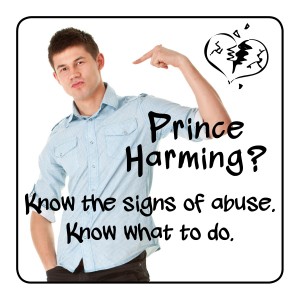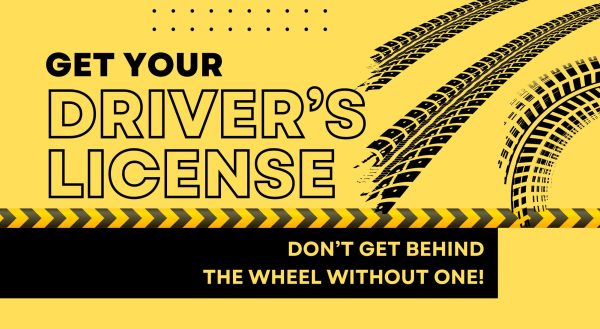Save yourself from abusive relationships

Are you with someone who loves you very much? Maybe even a little too much at times? They may always want you at their side. And they don’t want you to talk to anyone else that might “steal you away from them.” They might even tell you that you mean everything to them. And sure, all that might seem sweet, but the reality is those are some of the biggest warning signs that you’re on a not-so-safe path that may lead to an abusive relationship … if it hasn’t already.
In the wake of new video released of Ray Rice knocking his then-fiance unconscious in an elevator, along with his now-wife’s apparent forgiveness of him for the incident, social media is abuzz with stories and opinions on the topic of abuse. About 62% of women claim they have been in or are currently in a physically abusive relationship, but like Janay Rice, many of them stay in the relationship. A huge number of people wonder why she not only stayed with him, but married him. She is not alone in this; many girls and women stay in abusive relationships for one reason or another.
The problem isn’t one for adult women alone, or even for females alone. Males can be the victims in abusive relationships, too. According to loveisrespect.org, nearly 1.5 million high school students nationwide experience physical abuse from a dating partner in a single year, and one in 10 high school students has been purposefully hit, slapped, or physically hurt by a boyfriend or girlfriend.
So, why do people stay? For someone who has never been in an abusive relationship, it may be hard to understand why anyone would stay with someone who was hurting them. For many victims, though, it is more complicated than that. Often, the abuser has cut off their social activities or financial independence, making the victim dependent on the abuser.
For many victims, staying is as simple as thinking the abuse is normal. They think that most people are treated the same way, and they usually blame themselves for the abuse. On top of that, many abusers claim their behavior will stop, that they will get help. The victim wants to believe this and stays, often for a life-time of abuse/promises to change cycles.
Many victims believe they can change their abuser. Often, the abuser has no real desire to change, but even when he or she does, the change is not something that anyone else can do for them. The abuser has to do the work.
Something that many people, especially teens, forget is that abuse can take many forms, and not all of it is physical. Emotional abuse is just as damaging in the long run, and sometimes leads to physical abuse later.
If you are in an abusive relationship, get out of it! While it is never easy, and may include threats of self-harm or more violence from the abuser, the truth is that the chances of the abuser changing while still in the relationship are slim. Worse, the threats to the victim go beyond the abuse itself. Violent relationships in adolescence can have serious ramifications by putting the victims at higher risk for substance abuse, eating disorders, risky sexual behavior and further domestic violence. Half of youth who have been victims of both dating violence and rape attempt suicide, compared to 12.5% of non-abused girls and 5.4% of non-abused boys.
Parents, teachers, and counselors are here to help if you feel that you are in a relationship that you need to get out of and feel that you cannot do so on your own. Talk to a friend, confide in a teacher or a parent – do what you need to do to get out of a place where you are being hurt – chances are, it is only going to get worse. Believe in your own self-worth and find your way out.
For help, or to talk to someone about the relationship you are now in:






